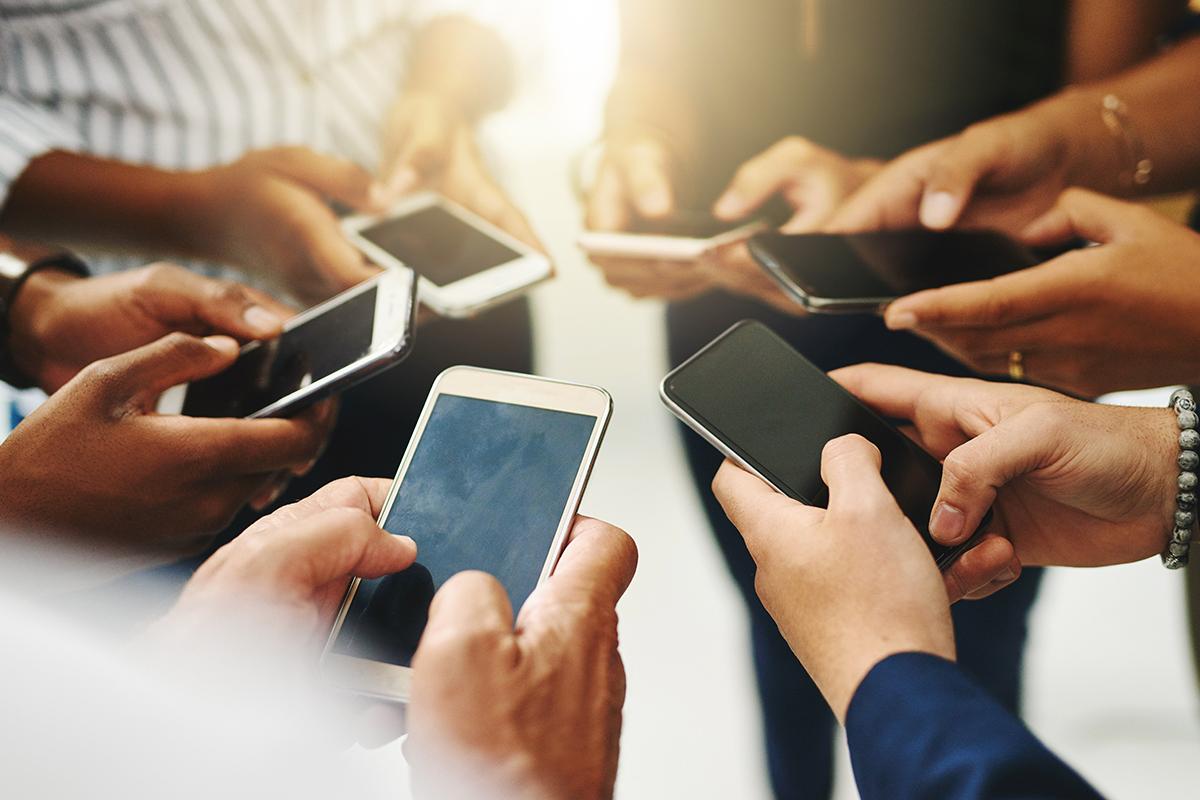Social media is where you share your life, stay connected with friends, and show the world your amazing lunch order. But have you ever stopped to think: Am I sharing too much? Oversharing on social media isn’t just about posting that questionable karaoke video; it can have real-world consequences that affect your privacy, safety, and even your reputation.
What Does Social “Oversharing” Really Mean?
Oversharing happens when you post personal details that don’t belong on the internet, such as:
- Sharing your address, phone number, or other private info.
- Posting vacation photos while still on vacation.
- Venting about your boss or job in a way that could come back to haunt you.
- Revealing your kid’s school or daily routine.
- Broadcasting every single thought or opinion without a filter.
Social media may feel like a safe space, but it’s anything but. Once you hit “post,” you lose control of who sees your content and how it’s used.
Why Oversharing is a Problem
Here are some of the reasons why oversharing can be a problem for you and your family:
- It invites security risks. Cybercriminals love oversharers. Whenever you post a photo of your new house with the address visible or share your mother’s maiden name (even in a fun quiz), you hand them puzzle pieces to steal your identity. And let’s not forget geotagging. Sharing your current location makes it easier for bad actors to know where you are—and where you aren’t.
- It can damage your reputation. Think of social media as your public diary. What you post today could come back to bite you tomorrow. Employers, schools, and even dates often check social media profiles. So, think twice before you post.
- It creates privacy concerns for others. Tagging friends without permission, sharing pictures of other people’s kids, or posting private conversations can cross serious boundaries. Just because you’re okay with putting it all out there doesn’t mean everyone else is.
- It can impact your mental health. Oversharing often comes with overscrolling—and neither is great for your well-being. Putting too much of yourself online can lead to anxiety about likes, comments, and validation from strangers. Plus, you may invite feedback you’re not ready to handle.
Signs You Might Be Oversharing
If you’re unsure where you stand, here a few signs you may be oversharing on your social platforms:
- You post multiple times a day, every day.
- You’ve shared your birthday, address, and even what you had for breakfast.
- Friends or family have commented about your frequent updates.
- You’ve regretted a post—but only after it was too late.
- You’re sharing personal challenges or conflicts online instead of addressing them privately.
How to Share Smarter, Not More
Social media is here to stay. And if used appropriately, it is a fantastic way to stay connected with family and friends. Here’s how you can share smarter on your social media platforms:
- Think before you post. Before you hit “share,” ask yourself: Would I be okay with my boss, grandma, or a random stranger seeing this? If the answer’s no, skip it.
- Update your privacy settings. Go through your social media accounts and tighten up your privacy settings – limit who can see your posts, tag you, or send you messages. But remember, even private accounts aren’t foolproof.
- Ditch the geotags. It is risky to geotag in real-time. If you must share information about the great restaurant where you eat dinner, wait until you’re back home.
- Avoid posting sensitive information. Skip posts with your location, financial details, or anything that could reveal your passwords. And don’t share pictures of your vaccination card or boarding pass—scammers love those!
- Keep personal drama offline. Fighting with your partner? Annoyed at a coworker? Vent to a friend, not your followers. Social media is not the place for airing grievances.
- Set boundaries. Decide what parts of your life you want to keep private and stick to it. Keeping some things off the internet is always a good idea, whether it’s your relationships, family life, or daily routines.
Remember: Less is More
Social media can be a fantastic tool for connecting, sharing, and even inspiring others. But, like most things, moderation is key. Oversharing doesn’t just put your privacy and safety at risk; it can also diminish the value of what you choose to share. So the next time you’re tempted to post your every thought or move, pause and think. Be wise in what you share – don’t just focus on the likes. Your future self will thank you.


